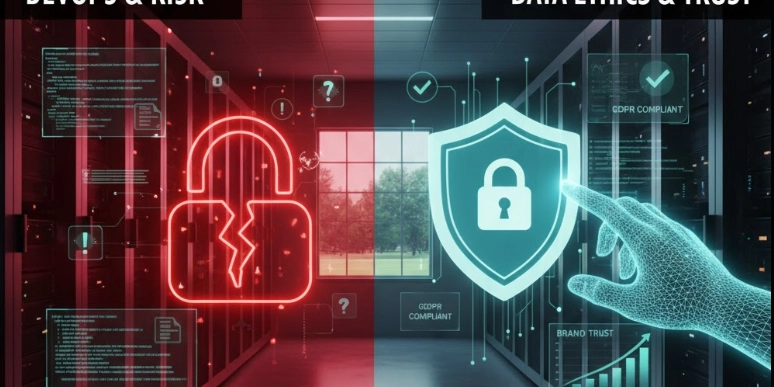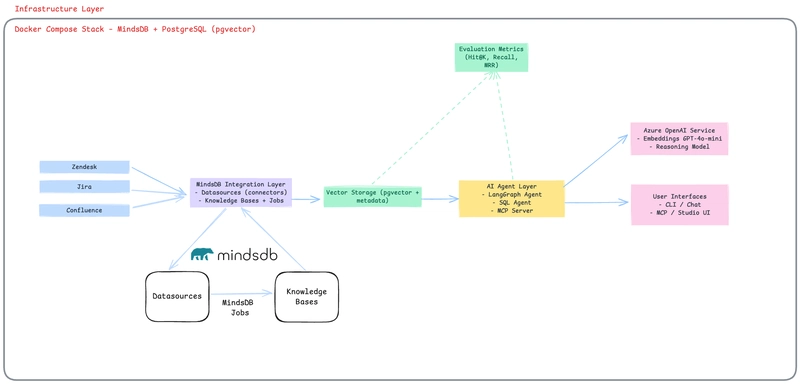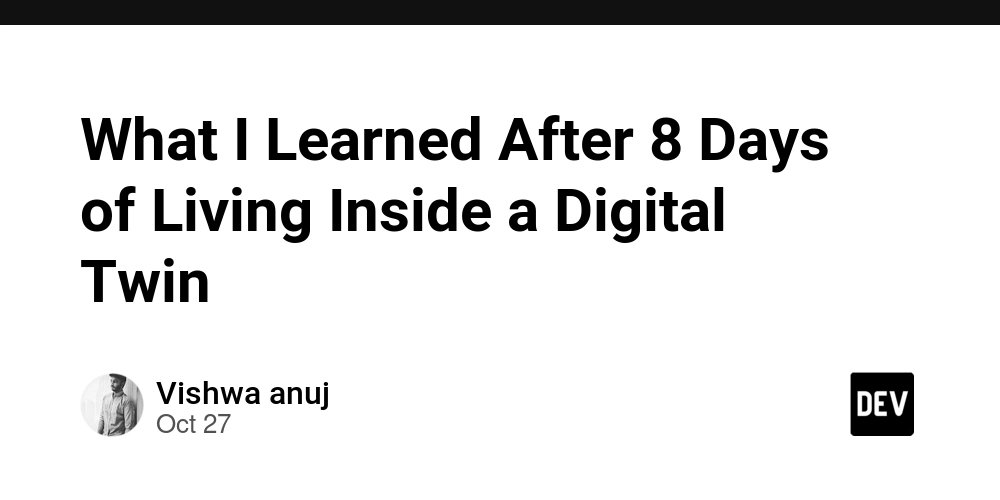If you’re an engineer, you probably spend your day thinking about uptime, performance, and clean code. But here’s the uncomfortable truth — you could be building features that break GDPR without even realising it.
Every API you expose, every database you log, and every form you design touches user data. And under GDPR, how you handle that data isn’t just a compliance checkbox — it’s a matter of user trust, security, and legal responsibility.
Why Engineers Are on the Frontline of GDPR
You can have a brilliant data protection officer and great legal counsel, but compliance starts in the codebase, not the boardroom.
When a developer forgets to mask logs, stores personal data in a staging environment, or doesn’t encrypt backups — that’s a GDPR violation in motion.
According to Seers.ai, most data breaches don’t come from hackers. They come from internal mistakes — people who simply weren’t trained to recognise what personal data really is or how to protect it during development.
The Gap Between DevOps and Data Ethics
DevOps teams automate everything — but they often forget to automate privacy checks. A missing consent flag, an unencrypted variable, or unrestricted access to user data in logs can expose sensitive information.
Ethical coding isn’t just about writing efficient software — it’s about respecting the people whose data makes your system work.
Yet most engineers never get proper GDPR training. They rely on assumptions, or worse, outdated compliance briefings that don’t cover real-world dev scenarios.
What GDPR Training Teaches Engineers That Docs Don’t
The Seers GDPR Staff E-Training isn’t legal jargon. It’s practical knowledge that fits directly into your workflow. You’ll learn:
- What counts as personal data under GDPR (and why logs matter).
- How to handle user consent correctly in applications.
- The right way to collect, store, and delete data across environments.
- How to collaborate with non-technical teams to maintain compliance.
- Real examples of breaches caused by coding oversights.
Think of it as version control for your data ethics — helping you build software that’s both compliant and trustworthy.
Why It Matters for Developers and Startups Alike
When engineers understand GDPR, teams ship safer code. They avoid costly rework, protect user privacy, and make their products easier to sell in regulated markets like the EU.
Startups especially benefit. A privacy-aware engineering culture can attract investors, customers, and partners who prioritise data protection.
Training your tech team is not bureaucracy — it’s a growth strategy. It builds confidence that your system can scale responsibly.
Final Thoughts
In 2025, users don’t just ask if your app works — they ask if they can trust it.
And trust begins with developers who understand privacy. So before your next deployment, make sure your team knows how to build with ethics and compliance in mind.
Start today with Seers.ai — where GDPR training turns engineers into guardians of trust and innovation.



